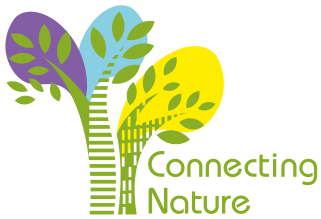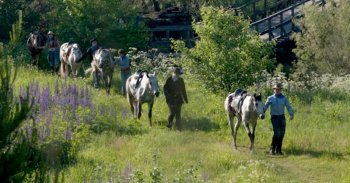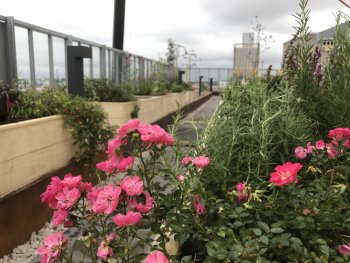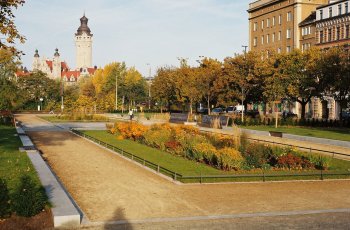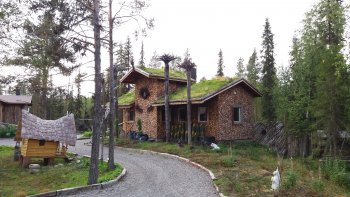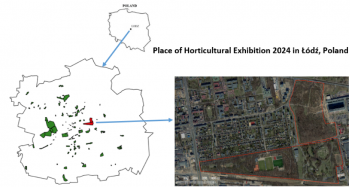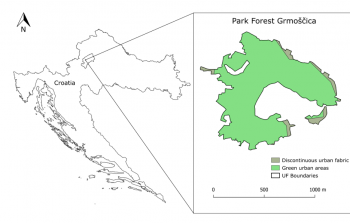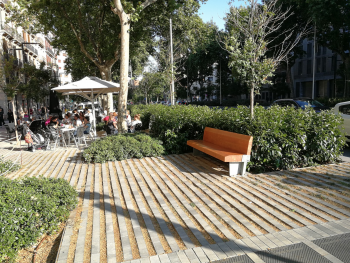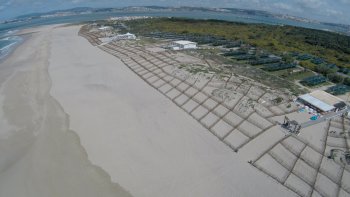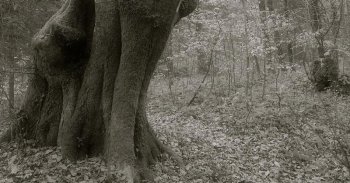Club GREY HORSE – Providing multiple ecosystems services by forest renters
Submitted by Carola Chiusi on 2 September 2022This case study from the SINCERE project had the goal to:
- Develop mechanisms for multi-purpose forest management, introducing the concept of ecosystem services (ES) and multi-purpose forest use into the current forest renting system which currently only provides leases for a single ES.
- Change management priorities from wood harvesting to multi-purpose forest management.
- Increase the economic efficiency of forest use while maintaining a balance between all ES by introducing a ...
